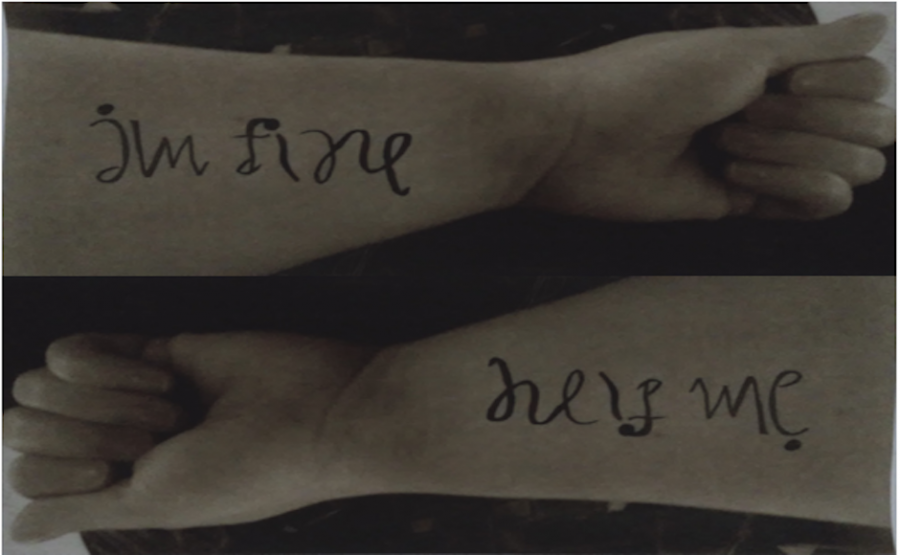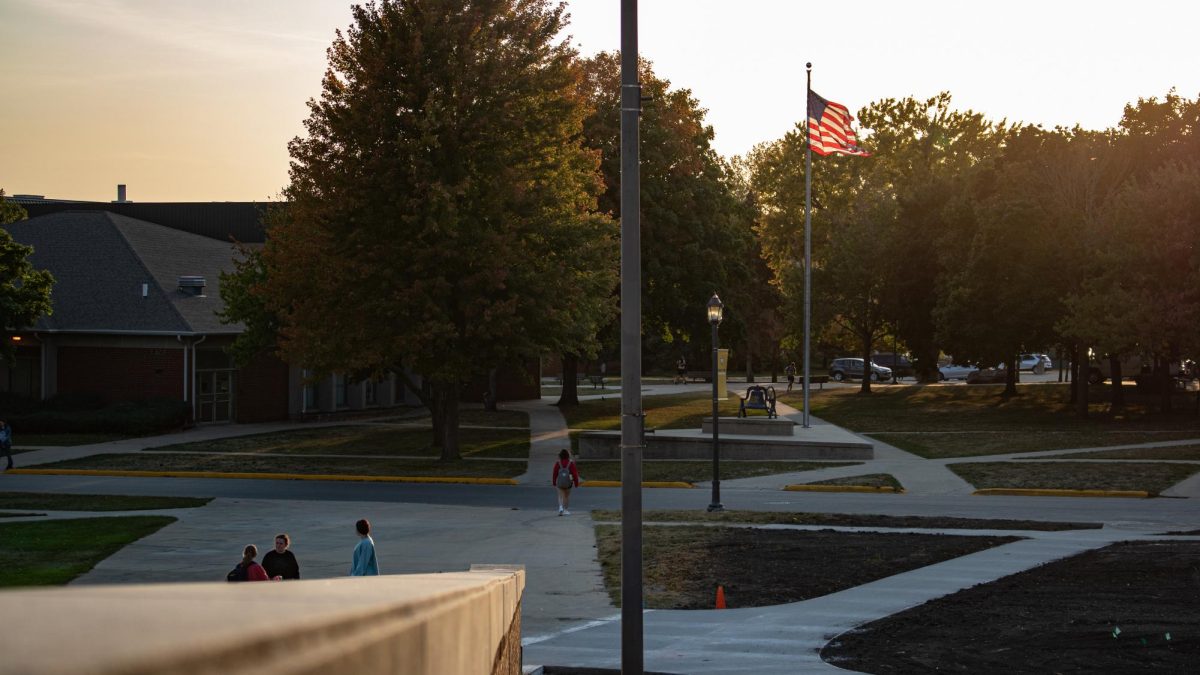Olivia Wieseler | Assistant Opinion Editor
All the happiness has been sucked out of the earth and all that is left is you and the darkness. Invisible chains bind you, tying you to your bed. A heavy weight lies over your heart and you wonder why you even exist. You are alone. No one likes you. No one cares about you. No one knows you exist. You might as well leave this life. No one will notice anyway.
Thoughts like these go through the minds of people engulfed by depression and anxiety a million times a day. How do I know? This is what I felt like when depression and anxiety washed over me. Mental health illnesses, especially anxiety and depression, are some of the leading illnesses in today’s society. Yet, many people don’t know much about them or don’t believe that they are real illnesses. However, as someone who has experienced both anxiety and depression first hand, I will tell you that they exist and are as real an illness as cancer. The scary part about these illnesses, though, is that they affect so many people so heavily, so tragically, but very few receive the treatment they need. According to an article on www.healthline.com, one in ten Americans experience depression to some degree, but nearly 80% of them do not receive treatment. Similarly, according to anxietycentre.com, approximately 30% of American adults have an anxiety disorder (the number one mental health issue in North America), but only one third of them will receive treatment and only 10% of these people will receive proper treatment. Why is that?
It is because no one wants to be “crazy.” No one wants to be labeled “insane.” No one wants to believe that they have problems that need to be fixed. However, our mental health is as important as our physical health. We need to take care of our well-being, whether it means taking cold medicine for a headache or seeing a counselor about low self-esteem. And the reality is those who struggle with anxiety and depression are not crazy or insane; they are people just like you and me. That girl who aces every exam ever placed in front of her, the basketball player who makes every shot, the Harry Potter fanatic who sits in a corner with a book all day, the freshman you bumped into on your way to lunch, the professor you absolutely hate, the kid running down the street. Anxiety and depression affect people of all different ages, shapes, sizes, ethnicities, genders, and personalities. They even affect people on our campus. You probably know more people who struggle with these issues than you realize.
“It just comes. You can just kind of feel it. It feels like there’s something tight in your chest…there’s no reason for it.” “My heartbeat will start racing…and I get really tense…It’s just a lot of fear. Like, it’s the most fear you’ve ever felt.” These are just a couple descriptions from students here on campus who go through these feelings every time anxiety strikes. You might know them. Or maybe you know someone who is like them. But the only way to know if someone is struggling is by talking to them.
Depression and anxiety may be a real illness, but those who have them are pretty good at hiding it. They don’t want people to see them as strange or vulnerable.
“The thought of being weak scared me. I don’t like needing help from people…I just kinda thought I could, like, bear through it and fix it myself,” one BVU student said. “I think I do a pretty good job of covering it up, but what goes through my head, it…I should have gotten help a long time ago.”
This is why it is so important for more people to become aware of mental health illnesses and the damage they can cause to people who don’t receive treatment. Suicide is the 10th leading cause of death in the United States, and over 50% of those suicidal deaths were caused by depression according to the American Foundation for Suicide Prevention. However, 80-90% of all depression cases respond positively to treatment, making it one the most treatable psychiatric illnesses. That is why we need to be more aware of this and other mental illnesses. If we can just talk to someone about it, the odds of that person seeking treatment are much higher. Even the students I spoke with who struggle with anxiety and depression said that talking about it not only encouraged them to seek help, but was a coping mechanism in itself.
“I think it really helps when you have someone to talk to about it…I didn’t want to tell my parents at first, because I was like, ‘Are they even going to understand?’ I come to find out that my grandma dealt with mental health and so it’s in our family, and so my mom knew exactly what to talk about,” one student said, “It’s important to find people you can talk to.”
Not only did it help them cope, but it also gave them the opportunity to help others cope.
“Your story is powerful and telling it to people can help them,” the student said, “Because if I hadn’t learned that I have friends and I know people who struggle with this, I never would have dealt with it.”
Mental health issues are an important topic to raise awareness for. If we become more aware of the people who are struggling with them, we will be able to talk to them, help them seek treatment, and be there for them. The more aware we are of such illnesses, the more lives we can save from them.









